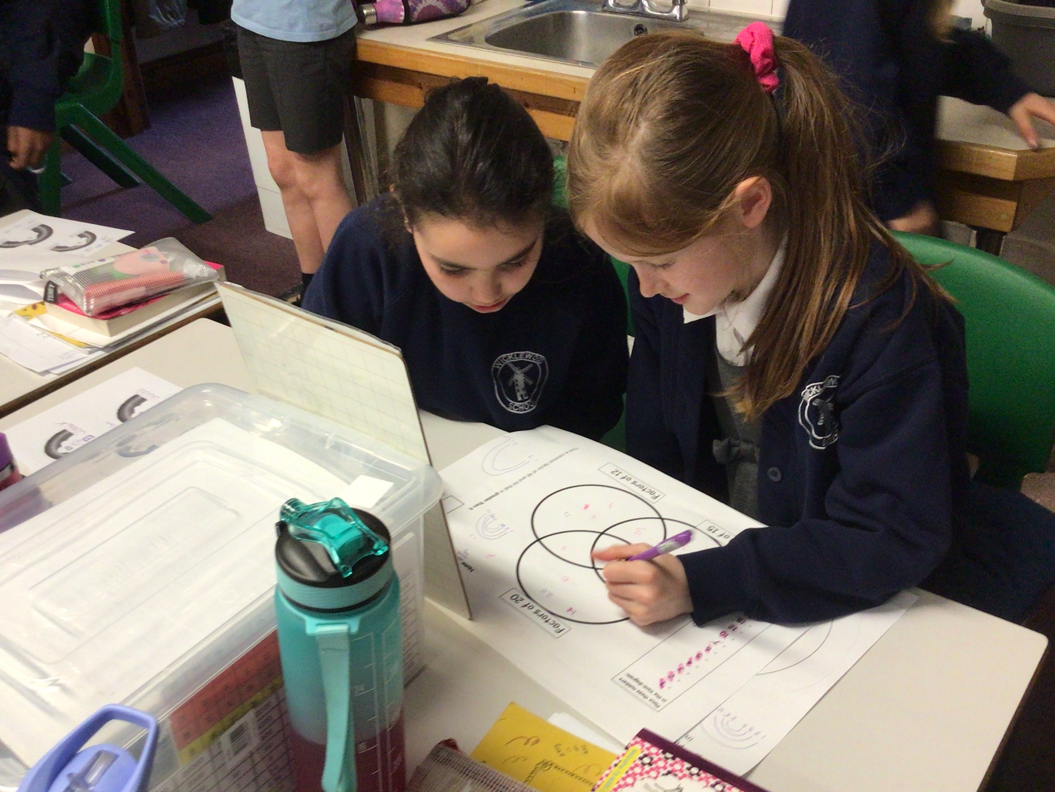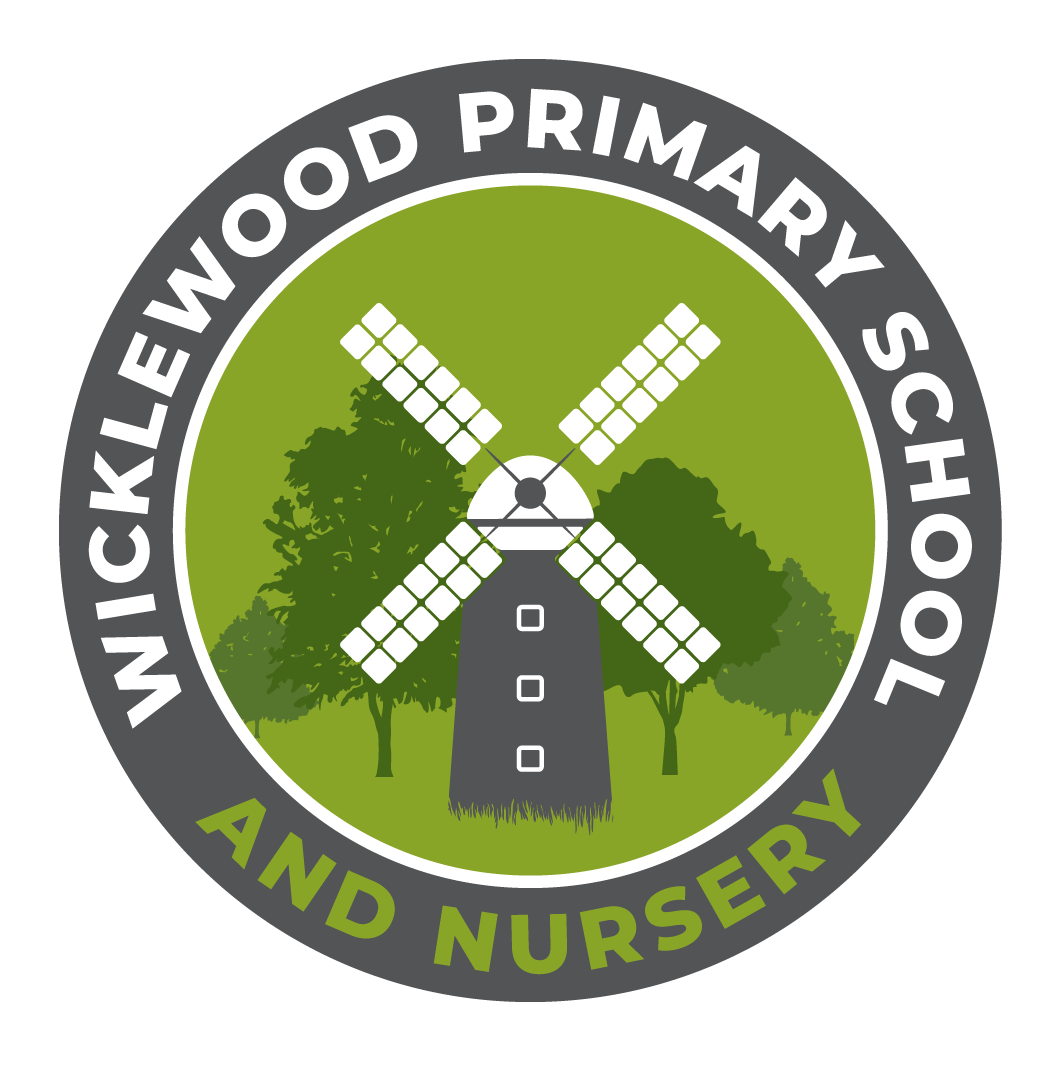Maths
Intent:
At Wicklewood, our aim is for children to leave as confident, skilled, and resilient mathematicians who understand that mathematics is a fundamental part of everyday life and the world we live in.
We aim for our curriculum to:
- be coherently planned and sequenced.
- provide opportunity for children to develop mathematical fluency; reason mathematically and to solve problems by thinking logically and working systematically.
- be underpinned by a ‘Concrete, Pictorial and Abstract’ (CPA) approach to support their conceptual understanding.
- enable all children to experience hands-on learning and have access to manipulatives as well as clear models and images to aid their conceptual understanding.
- be ambitious for all pupils.
- successfully adapted, designed and developed for ALL pupils, especially those with special educational needs and/or disabilities
- inspire a love of Maths.
Implementation:
Maths at Wicklewood is determined by the Early Years Statutory Framework for Reception (2014) and the National Curriculum Programme of Study for Keys Stages 1 and 2 (2013) which are cross-referenced to ensure coverage and progression. Where appropriate, our maths curriculum is supplemented with the non-statutory guidance ‘Mathematics guidance key stages 1 and 2’ (2020) and Development Matters (Revised 2023).
Our long and medium term planning uses the Maths Mastery curriculum as a guide for the structure and time allocation of key areas. These may be adapted depending on the needs of the children - identified through regular opportunities for assessment - we will lengthen, shorten, or move these around accordingly.
Working from long and medium term plans, teachers plan their own short-term sequences of learning which ensure coverage and progression as well as ensuring opportunity for fluency, problem-solving and reasoning are embedded. These sequences take into account the individual needs of individuals and groups of children. For example, if assessments deem it necessary, teachers may briefly revisit or revise skills or knowledge to ensure the conceptual perquisites are embedded before introducing new learning.
In Nursery and Reception, children develop the foundations of Mathematics through a mixture of planned adult-led activities and child-led activities. Exploring patterns and developing a sense of number is fundamental in the early stages of Maths, giving children a secure foundation, which can be built on in Year 1. The Concrete, Pictorial and Abstract approach is used in Reception with an initial focus on the use of concrete equipment, allowing children to experience hands-on learning while making links between mathematics and everyday life.
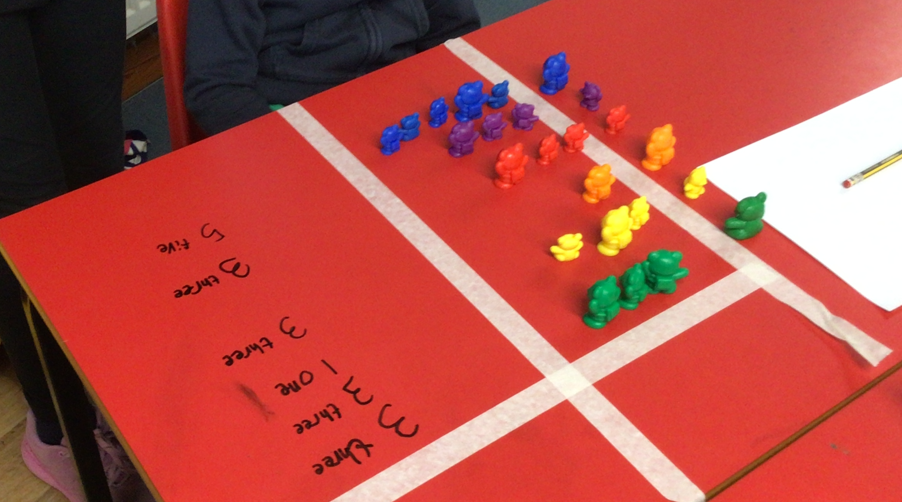
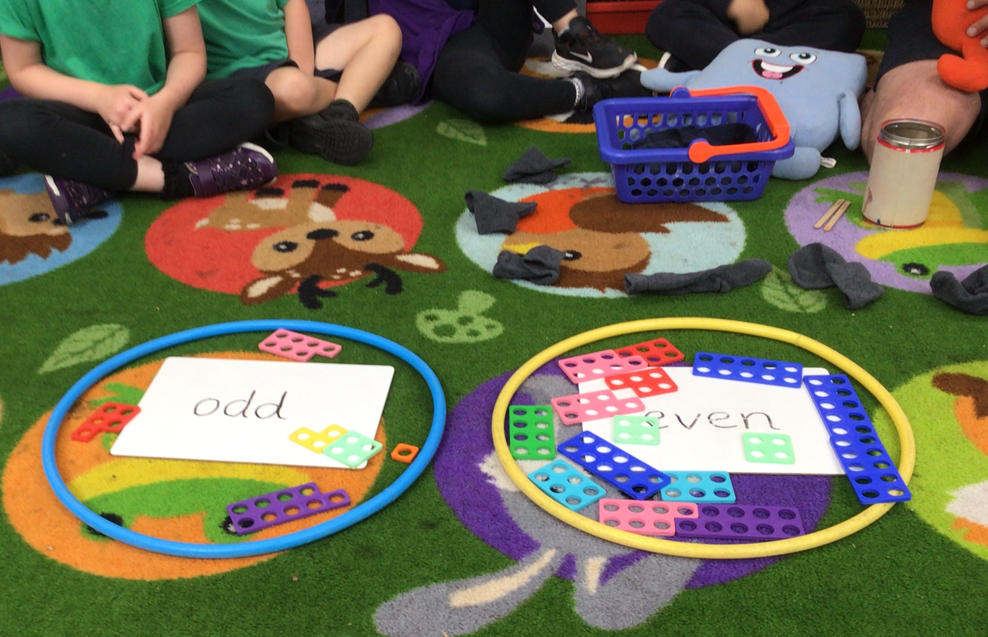
In Key Stages 1 and 2, Maths is taught daily in mixed ability classes. A variety of pictorial representations, concrete apparatus/objects and manipulatives are used to support learning. Key Stage 2 teachers use this guide as a basis for their lessons, while Key Stage 1 teachers adapt this model as is appropriate for the needs of their pupils.
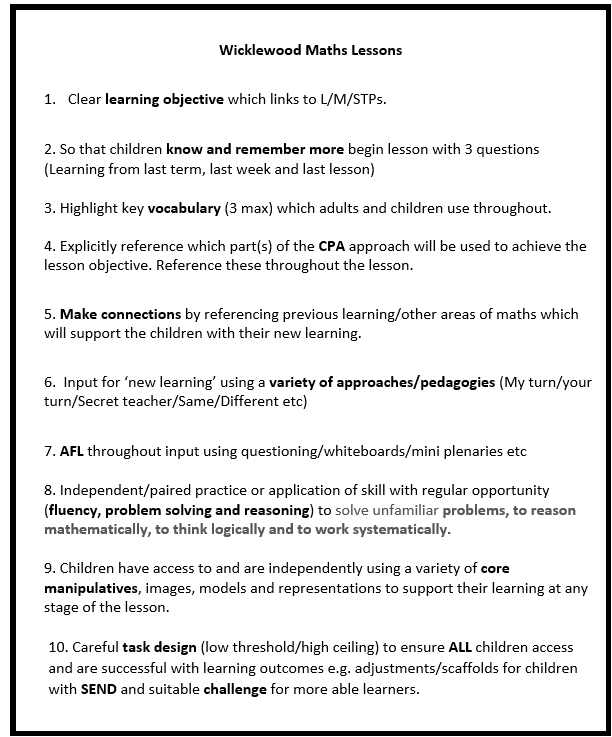
Once a term, children complete a NFER assessment with Year 6 completing old SATs papers at least twice a year. Teachers analyse the results; adapt long term plans and plan future lessons based on the gaps of their children.
Book looks, learning walks and pupil voice are completed by the maths lead to ensure a high standard of maths is being taught and consistency across the school in expectations.
Impact:
As a result of our Maths teaching at Wicklewood, you will see:
- engaged children who are challenged.
- confident children who can talk about Maths and their learning and the links between Mathematical topics.
- lessons that use a variety of resources and imagery to support learning.
- different representations of mathematical concepts.
- learning that is tracked and monitored to ensure all children make progress from their starting points.
- children who have the skills necessary for their next stage of Education.
